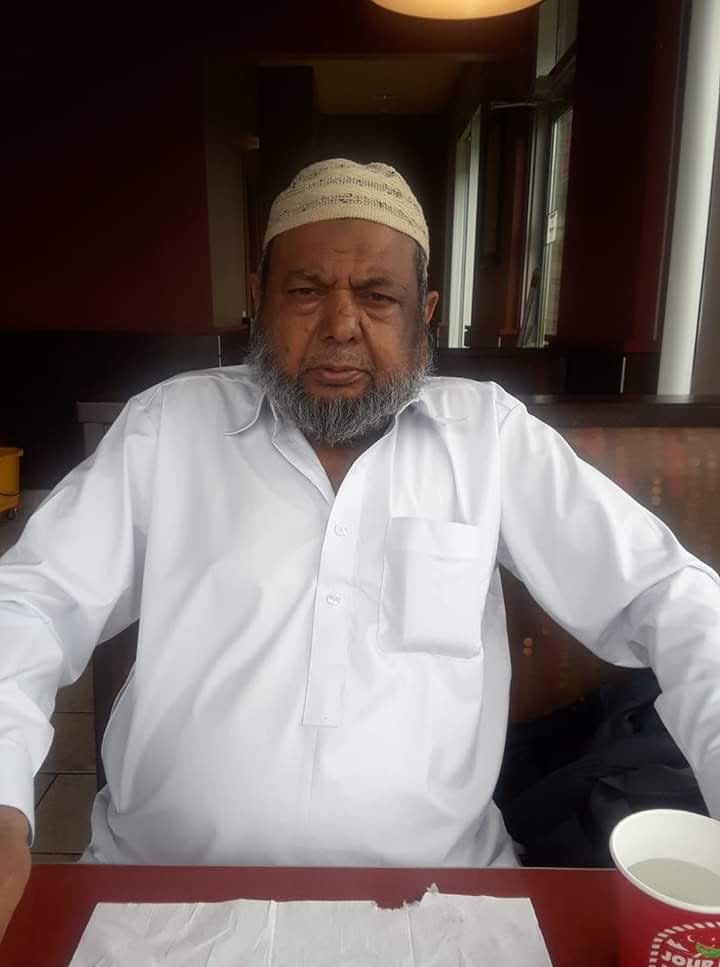Court rules names of officers involved in Ejaz Choudry's death cannot stay secret

Ontario's Superior Court of Justice has ruled that police officers who fatally shot a mentally ill man in crisis in 2020 should not have their names shielded from the public.
In a ruling released Monday, Justice Paul M. Perell quashed a motion pushing for anonymity brought forth by five Peel Regional Police officers involved in the death of Ejaz Choudry.
Those officers are currently the subject of a lawsuit initiated by Choudry's family. Choudry, a father of four with schizophrenia, was shot and killed by police west of Toronto in June 2020 after his family called a non-emergency line for help.
Lawyers for the five Peel Regional Police officers involved in the death of the 62-year-old — including one who fired two bullets into Choudry's chest — had argued that publishing their names could put them and their families at risk of physical violence.
Perell dismissed that argument in his decision, saying that a publication ban on the officers' identities would have a negative impact on freedom of expression and the public's ability to both understand the circumstances surrounding Choudry's death, and the conduct of the officers involved.
"The whole of civil society has an interest in scrutinizing the administration of justice in a civil action that involves how that society is being policed in what was a civil matter of a wellness check, which is a civil service that police officers, along with paramedics, and other first responders are called upon to do from time to time," Perell wrote.
Without naming the officers, Perell continued, the public would have no way of knowing whether any of them had been involved in previous incidents, and whether this might be an "isolated incident" or a "systemic problem.
"The public [would] be unable to probe the connection among police training, the police department's policies and procedures, including disciplinary action, and the relationship with the community and various groups in it to avoid similar unfortunate outcomes for the citizens that the police are sworn to serve and protect," the decision read.
CBC News had intervenor status in the case and opposed the proposed ban. Other intervenors included the Canadian Muslim Lawyers Association arguing against a ban, the Police Association of Ontario for a ban, and the Canadian Civil Liberties Association (CCLA), which asked the court to consider the impact of its decision in this case on future use of force cases.
In a statement, the CCLA's criminal justice program director Shakir Rahim said identities of cops in police accountability lawsuits should not be hidden from the public eye.
"As the CCLA argued and the Court recognized in its decision, it is vital that the public know about allegations of police misconduct, be able to identify repeat bad actors, and see justice be done," Rahim said.
The subjects of the lawsuit have 30 days to appeal the court's decision. The officer's names have not yet been released. CBC Toronto has reached out to Peel police for comment.

